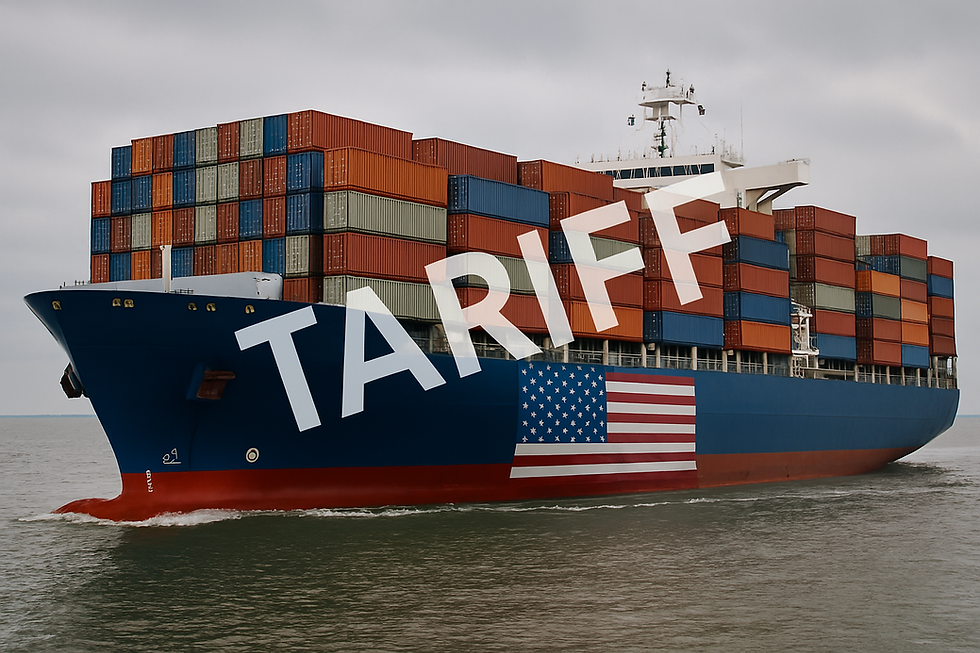China's 'Pregnancy Robot': A Glimpse into the Future of Reproduction or Simply Bad News?
- Sarp Oktay
- Aug 26, 2025
- 3 min read
The news out of China in the past few weeks has been, to put it mildly, unnerving. A company called Kaiwa Technology is reportedly on the cusp of unveiling a "pregnancy robot" – a humanoid machine designed to carry a fetus from fertilisation to birth within an artificial womb. My first reaction to the headline was a mix of scientific curiosity and a profound sense of unease. While the idea of a fully functioning artificial womb isn't entirely new, this project takes it a step further by integrating it into a robot. It forces me to ask: Is this the natural progression of medical technology, or a reckless leap into a future we aren't prepared for?

The justification for this development, as the company tells it, is rooted in the very real and painful issue of rising infertility. We know that in China, a significant percentage of couples struggle to conceive, and many exhaust their options with failed IVF cycles. On the surface, the promise of a reliable, relatively affordable alternative for millions of people is compelling. The price point of 100,000 yuan (£11,000) is certainly presented as a major selling point. However, I can't help but be skeptical. Is this truly an empathetic solution to a human problem, or is it simply a technological fix to a complex biological and social issue that overlooks a host of unintended consequences?
This brings me to the very real and serious concerns that have been voiced by others. I find it difficult to reconcile this vision of the future with the warnings from ethicists and medical professionals. The idea that we would "fracture maternal bonds" and "distort how society views parenthood" by outsourcing pregnancy to a machine is not a trivial concern. Frankly, the notion of turning pregnancy into a "pathology to be managed" by a robot feels deeply dehumanising. This isn't just a technological debate; it’s a fundamental discussion about what defines a family, what bonds us, and where the human experience ends and the machine's begins.
Beyond the ethical and emotional arguments, there is a clear and present danger that this technology is far outpacing our ability to regulate it. We have yet to grapple with the foundational questions this technology poses. What legal rights would a child born from a robot have? What constitutes a parent in this scenario? How would we prevent a black market for reproductive materials? The fact that officials are only now starting to talk about regulation suggests to me that we are already behind. It's troubling to think that such a monumental change to society could be driven by corporate ambition and technology before a single one of these questions is properly answered.
So, while the potential to ease the suffering of infertile couples is something I can appreciate, I remain skeptical. The touted "hope" for families comes with a host of clear risks, including the commodification of life itself and a potential erosion of human bonds. The piece claims that by 2026, we may witness the birth of a child from this machine. I truly believe that how we react to this moment will be a litmus test for our society. Will we embrace it as a triumph of progress, or will we look back and see it as the beginning of a dystopian future we were too eager to invite?




Comments